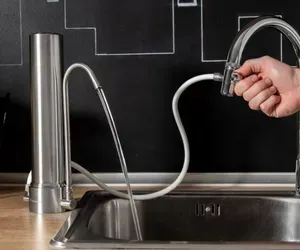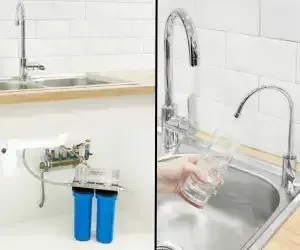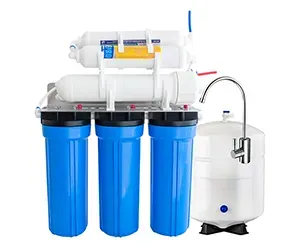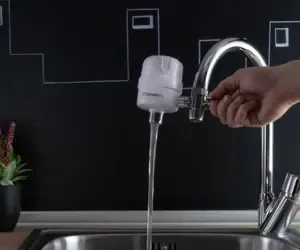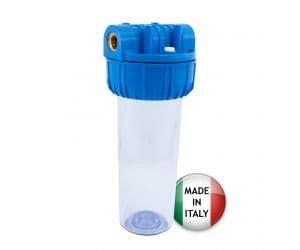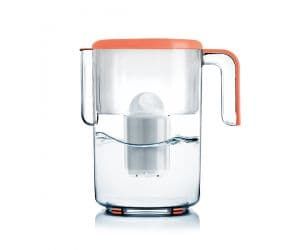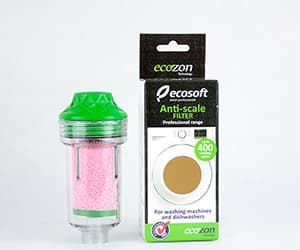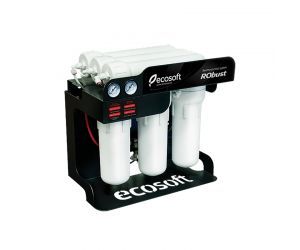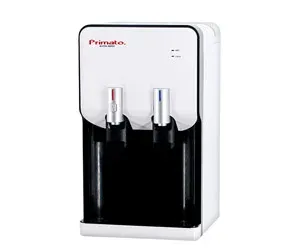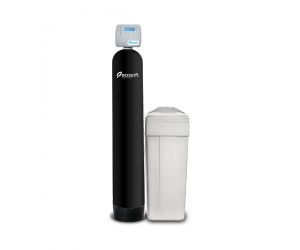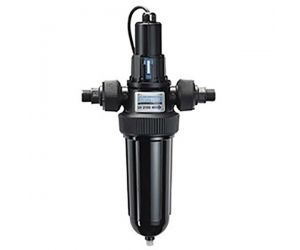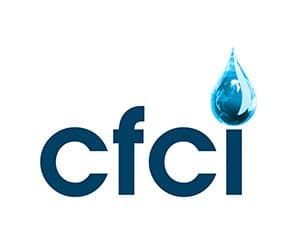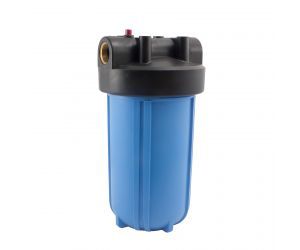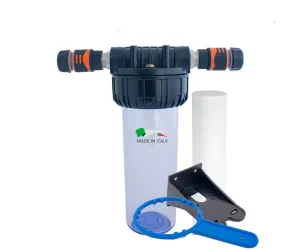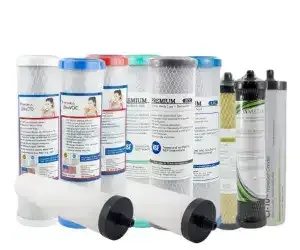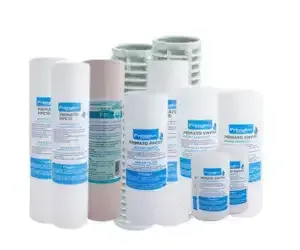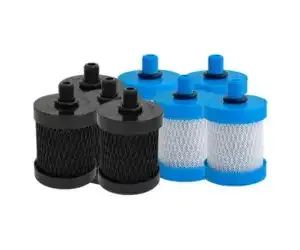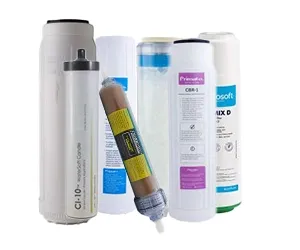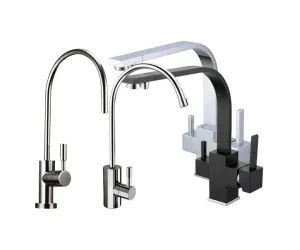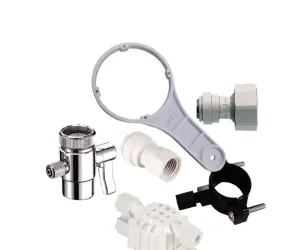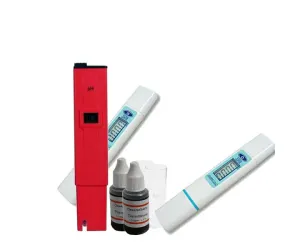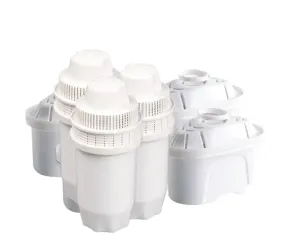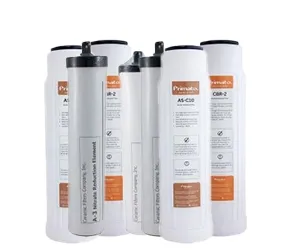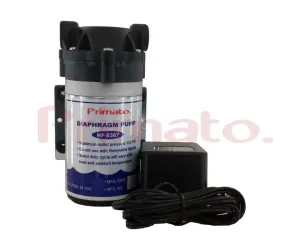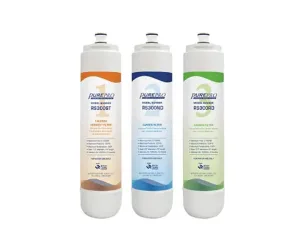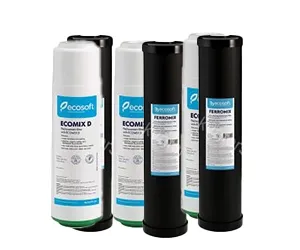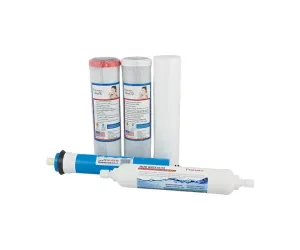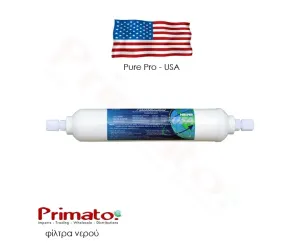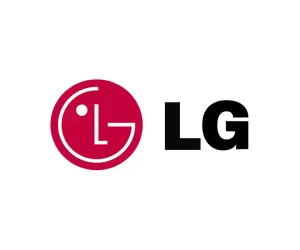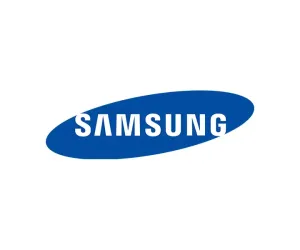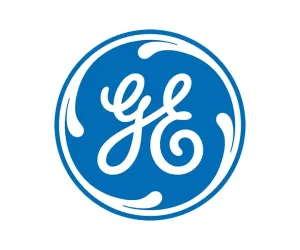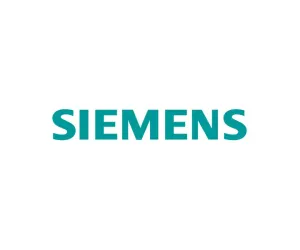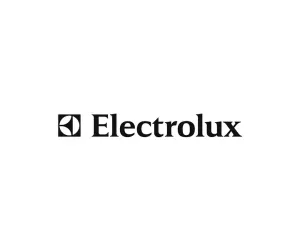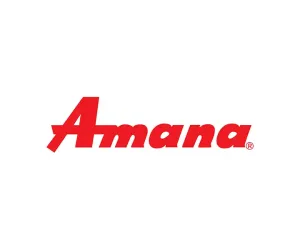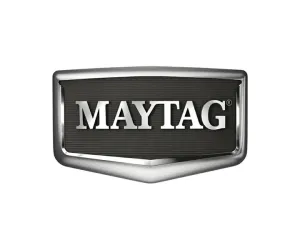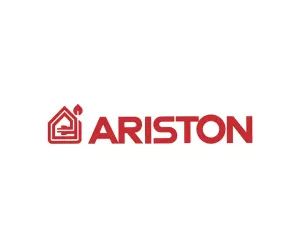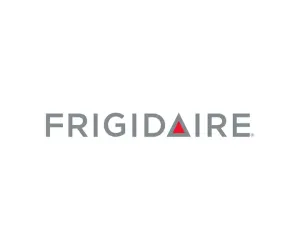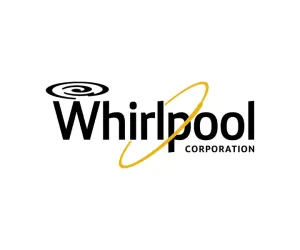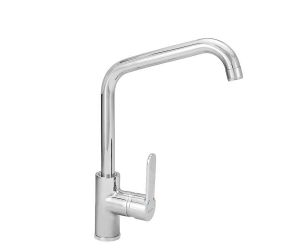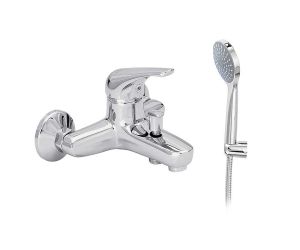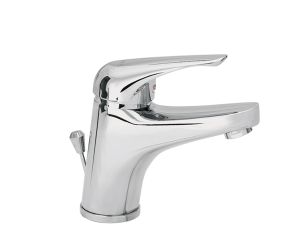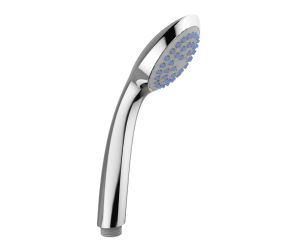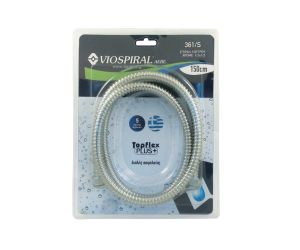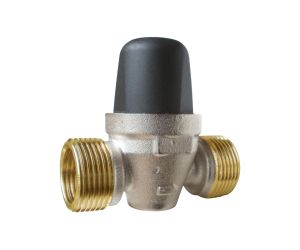Ultra filtration and Hollow Fiber Membranes explained
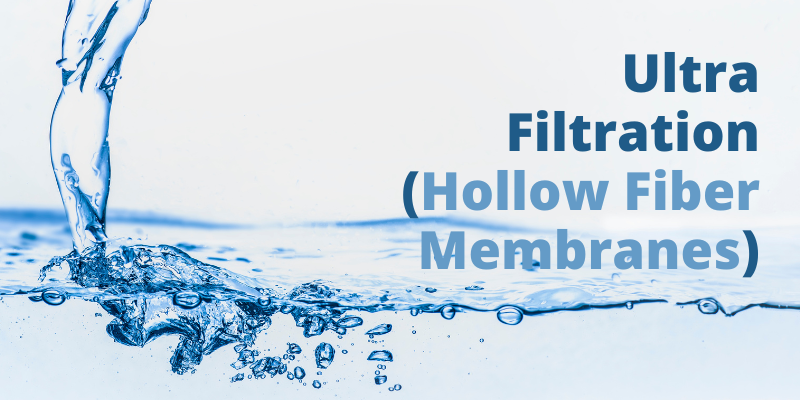
In this article we'll try to explain what ultra filtration is and how it is applied through special hollow fiber membranes to clean and process water.
Water filters are housings into which we put cartridges made of compact and solid material (such as activated carbon block). Water is trying to penetrate this block which has tiny holes. The tinier the holes, the more substances stay out of the filter and your water. Apart from carbon block a cartridge can be made from polypropylene, wound and other materials.
The diameter of the holes is called "permeability" and is measured in microns symbolised with "μm". The smaller the permeability, the tighter the cartridge.
Water treatment technologies are separated in 5 main categories:
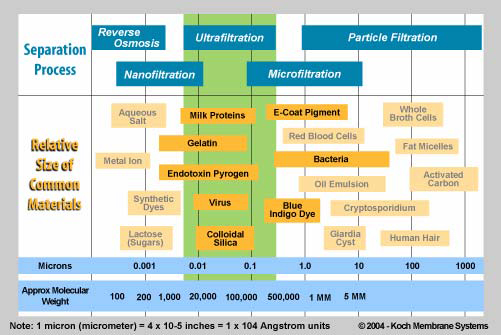
Particle filtration (1000μm - 10μm).
Whole house water filters belong to this category. We usually install these water filters in house's main water supply to filter out particles, rust and dirt. Their usual permeability is from 1000μm to 10μm. They are mostly made from polypropylene, wound and even plastic or inox net.
Microfiltration 10μm - 0.1μm
Most domestic water filters belong to this category. Activated carbon block is the most usual medium to reduce chlorine and most of the standard impurites we come across city's water. You can use a single carbon block cartridge or add more depending on your water's quality.
Ultra-filtration 0.1μm - 0.01μm .
Ultra Filtration technology, using Hollow Fiber membranes, changes the way we clean and process water all over the world. Large water treatment companies and water recycling plants are now using this method, mainly because in relation to reverse osmosis technology, Hollow Fiber membranes do not have to drain water to function. A few years ago, this technology was so expensive that we only encountered it at very large water recycling plants. But as technology progresses, it is getting cheaper, so that water filters, known water filters, can now be introduced into domestic water treatment systems. It can be used in a wide range of applications, where water is quite "problematic", such as camps, lakes, motor homes, etc. Of course, it can also be used for more "simple" uses such as water cleaning of cities. It removes chlorine, bacteria, viruses, colloids, Giardia, Crypto (commonly found in tanks and non-city water sources), suspended solids, turbidity, micro-organisms, TOC's etc.ς, τα κολλοειδή κ.α..
Nano-filtration (0.01μm - 0.001μm).
This technology is still very expensive for domestic users.
Reverse Osmosis (0.0001μm).
Reverse osmosis systems are the most advanced water purification systems available in the world. They offer you 100% Safe and Clean Water by allowing only water molecules to pass through their semi-permeable membrane. RO can filter our limescale, pharmaceuticals, heavy metals (including lead), nitrates, bacteria, cysts, chlorine, arsenic, industrial chemicals, sulfates and a wide list of chemicals. RO is placed under your kitchen sink, so you'll need to drill a hole on your kitchen counter (diameter 1cm) to install a tap which you'll use just for the filtered water.
Recent posts
- The Future of Water: How Primato Filters are Pioneering New Standards in Water Safety
- Primato's Journey at Aquatech Amsterdam: Building Bridges and Expanding Horizons
- The Journey of Water: From Source to Tap - Understanding the Filtration Process
- What are three way water filter taps?
- Shower water filters
- Commercial water filters for hotels, restaurants and cafes
- The reason why more and more people prefer undercounter water filters
- Zeolites in water treatment
- The water supply network of Athens
- The whole truth about water filters
- Russian water filters with aragonite - Purchase guide
- Choosing and buying a countertop water filter
- I live in Athens. Do I need a water filter?
- Water Filter Prices: Full Guide
- Does filtered water help with allergies?
- 10+ reasons to add more water to your lifestyle!
- Zeolite: A natural mineral in the service of water filtration
- Thessaloniki Water: From the source to the glass
- Meet the Greek Water Filters Manufactured in Thessaloniki
- Water Filters with Zeolites
- Turning a coconut into activated carbon
- Thessaloniki: Which Are The Best Water Filters?
- Tap water in Greece: Is it safe? The problems and the solutions
- How to Choose the Right Replacement Filter
- Ultra filtration and Hollow Fiber Membranes explained
- How hard is water in Thessaloniki?
- Whole house water filter cartridges - How to choose the right one!
- Countertop water filters - What to look for before I buy
- Do I need a water filter if I live in Athens?
- Everything you need to know about tap water filters
- Under-sink water filters - Everything you need to know
- Reverse Osmosis - What is it and how it works
- World Water Day - 22 March
- Primato goes sailing!
- What are water filters?
- Reverse Osmosis - Perfect for islands, drilling water and aquariums
- What is the activated carbon found in our water filters?
- Arsenic in the Water - The ubiquitous venom
- Hexavalent Chromium - A Carcinogen That Should Be Reduced Immediately!
- Paranoia of alkaline water - Understanding PH
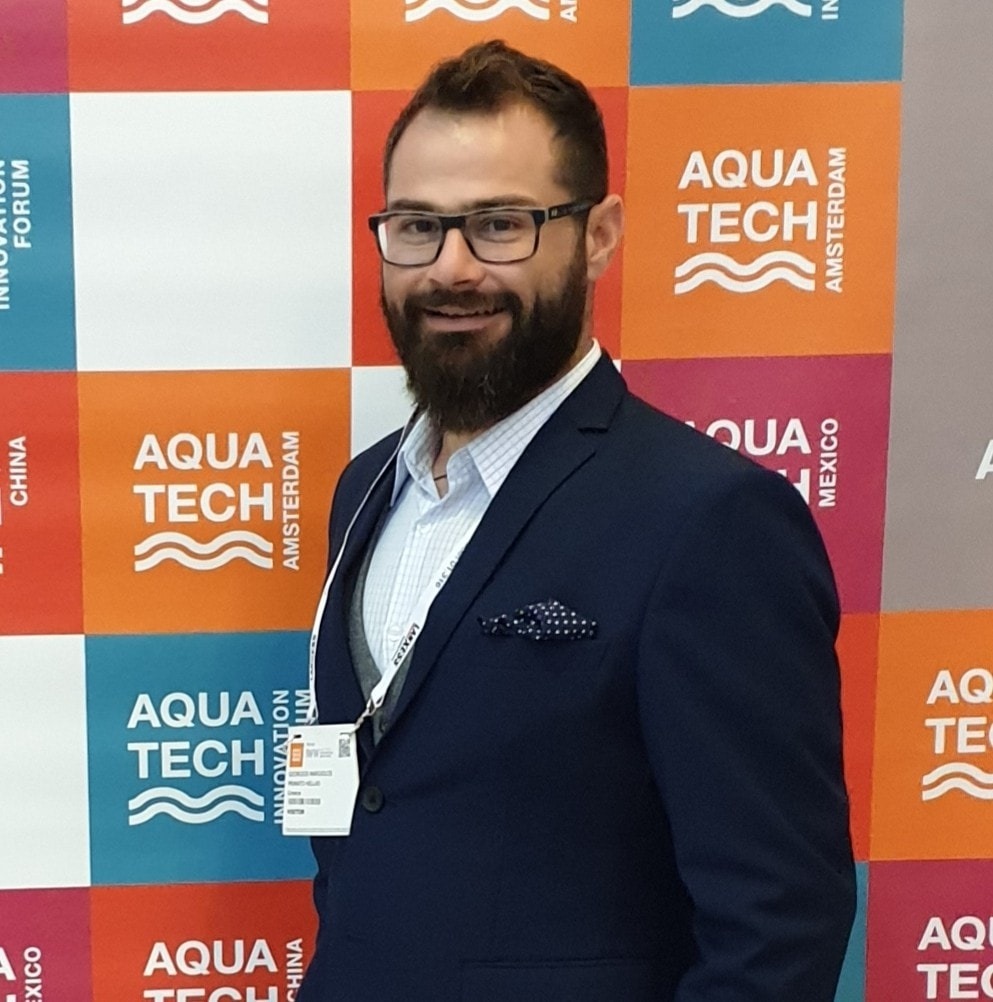
George Margiolos
George Margiolos was born in Thessaloniki and has graduated from the Department of Marketing of the Alexandreio Technological Educational Institute of Thessaloniki. He is fluent in English and (not so fluent) in German.
Ηe has been Project Manager at Avery Dennison - Fastener Division in the UK. There, his main project was to redesign the company's products into new applications so as to become more environmentally friendly. In combination with the fact that in the UK people are more familiar with water filters, he has developed a love for environmentally friendly water filters, which reduce the use of plastic bottles and improving people's quality of life.
Since 2008, he has published over 300 unique educational and informative articles on water filters and new water treatment technologies.
Occasionally, universities and doctoral students request to use George Margiolos' articles in their research because of their quality and uniqueness.
